Latest News
Republishing Stroud Water Research Center content in its entirety is not allowed without express permission. You may request permission here.
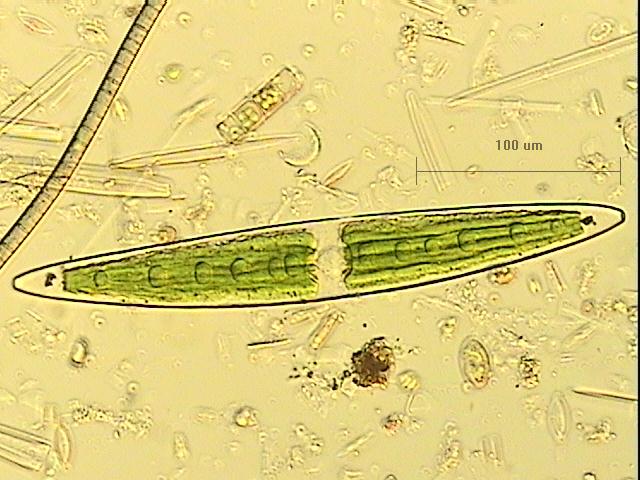
A Fresh Look at River Algae in the Delaware River Basin
A novel method to evaluate how algal concentration changes during river floods may be key to more accurately predicting how to keep algae under control.
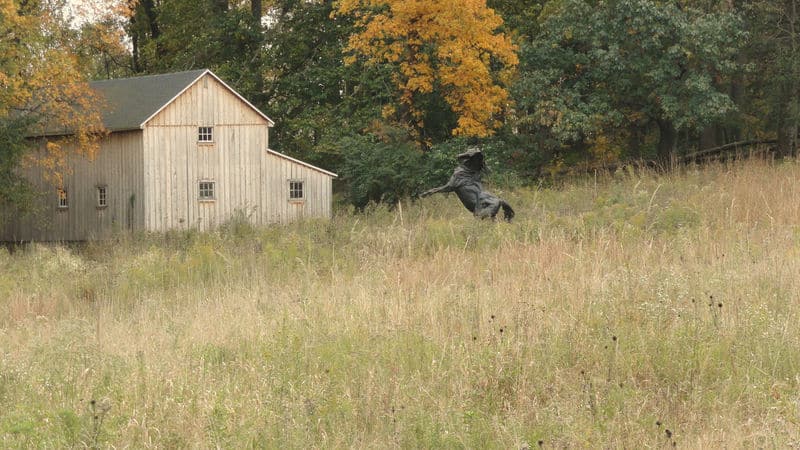
Partnering for the Planet
We’re excited to announce that our friends at GreenWeaver Landscapes have reinforced their commitment to the environment as a 1% for the Planet company.
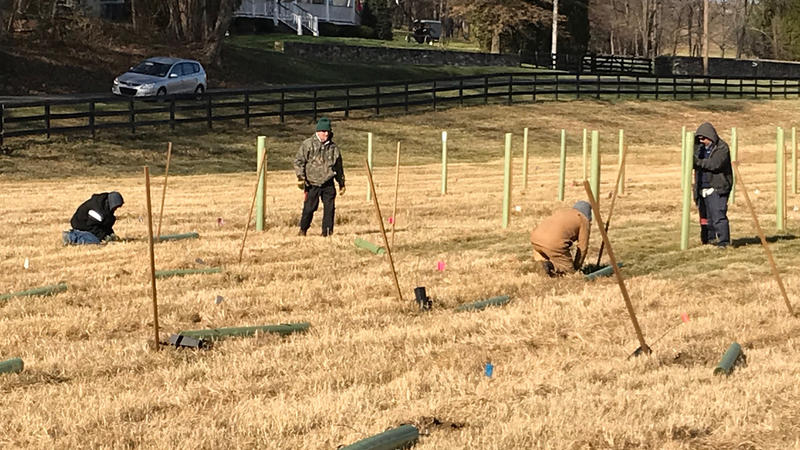
Cutting Waste in the Reforestation of Riparian Zones
New research on buffer plantings seeks to reduce plastic waste, maintenance costs, and the mortality of planted trees and shrubs.
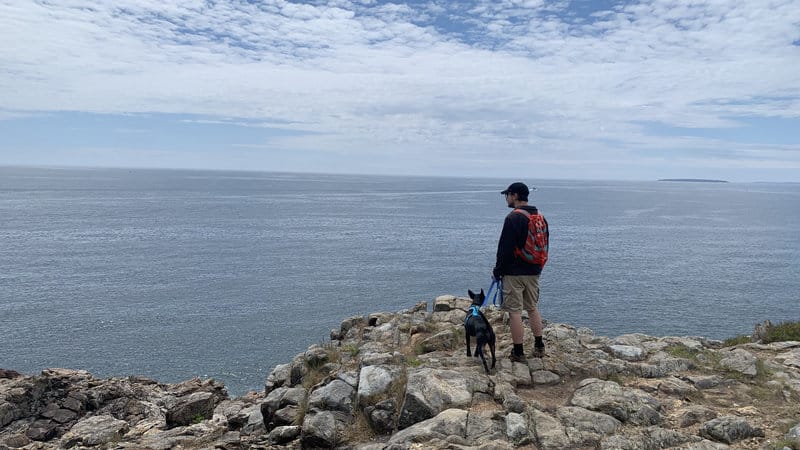
Environmental Educator Steve Mohapp Teaches Others by First Listening
For Steve Mohapp, teaching comes as naturally as his love of nature. One might even say it’s in his blood.

Influence of the 2021 Brood X cicada emergence on near surface hydrology in forested and urban landscapes
Ficklin, D., C. Kelleher, E.V. Bergan, D.T. Myers, S. Adelsperger, and E. Hardman. 2023. Hydrological Processes 37(2): e14822.
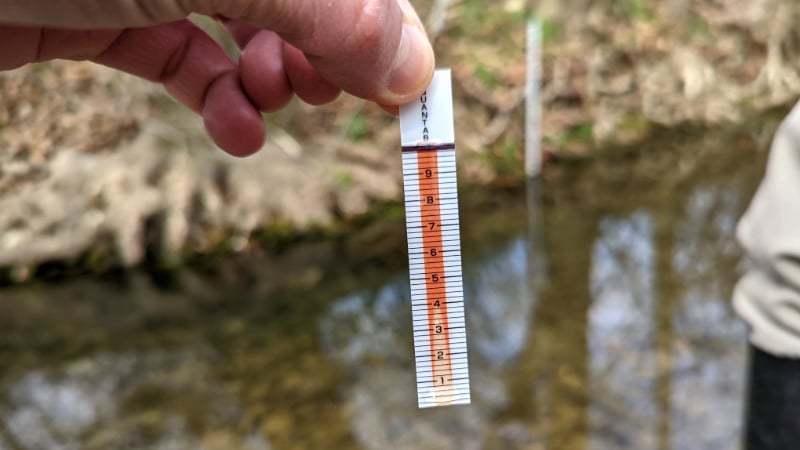
Why Volunteers Are Tracking Down Road Salt in Streams
With help from the Stroud Center, community scientists and watershed groups are measuring the impact of salt pollution on fresh water and taking action.

Makers of Popular Mayfly Cheese Win at Farm Show
The Farm at Doe Run produces some of Pennsylvania's most sought-after creative cheeses, including the Mayfly, a Camembert-style cheese with a bloomy rind.
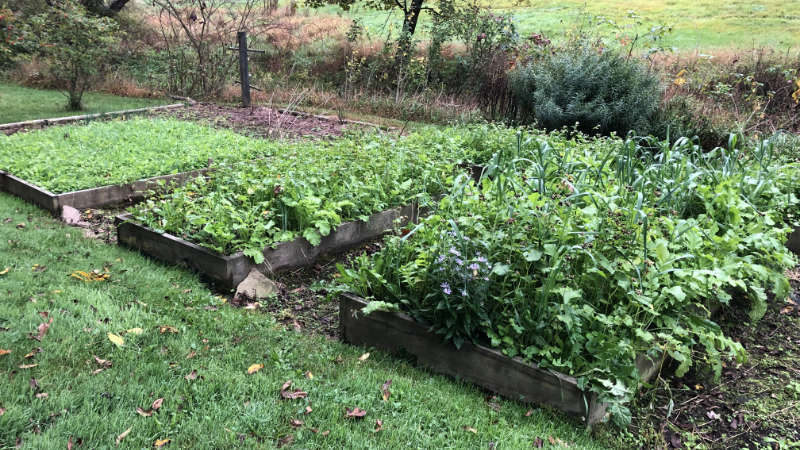
Step Up Your Gardening Game With Healthier Soils
Enhance your soils and local water quality by bringing the principles of regenerative agriculture to your home garden.
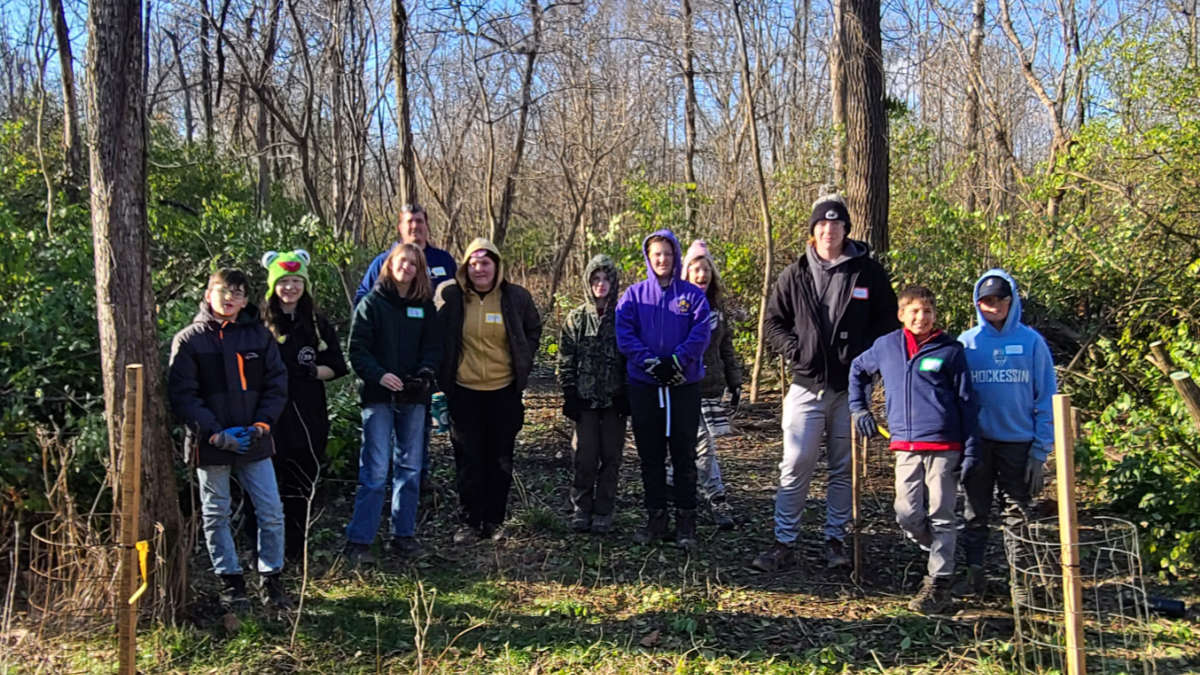
Scouts From 12 Troops Tackle Hybrid Merit Badge Program
Stroud Water Research Center educators hosted their second hybrid merit badge program for Scouts BSA this fall using an improved online learning platform.

Arsenic and mercury distribution in an aquatic food chain: importance of femtoplankton and picoplankton filtration fractions
Alowaifeer, A.M., S. Clingenpeel, J. Kan, P.E. Bigelow, M. Yoshinaga, B. Bothner, and T.R. McDermott. 2023. Environmental Toxicology and Chemistry 42(1): 225–241.

10 Most Popular UpStream Stories of 2022
From Pennsylvania to Costa Rica, road salt to wildlife, rewind our top UpStream Newsletter stories of 2022.
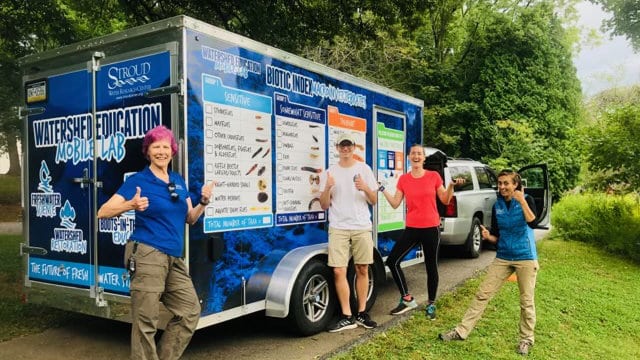
Watershed Education Mobile Lab Advances Environmental Literacy
Students and educators in the Shenandoah Valley explored watershed science with our mobile lab, learning how their actions impact the Chesapeake Bay.
